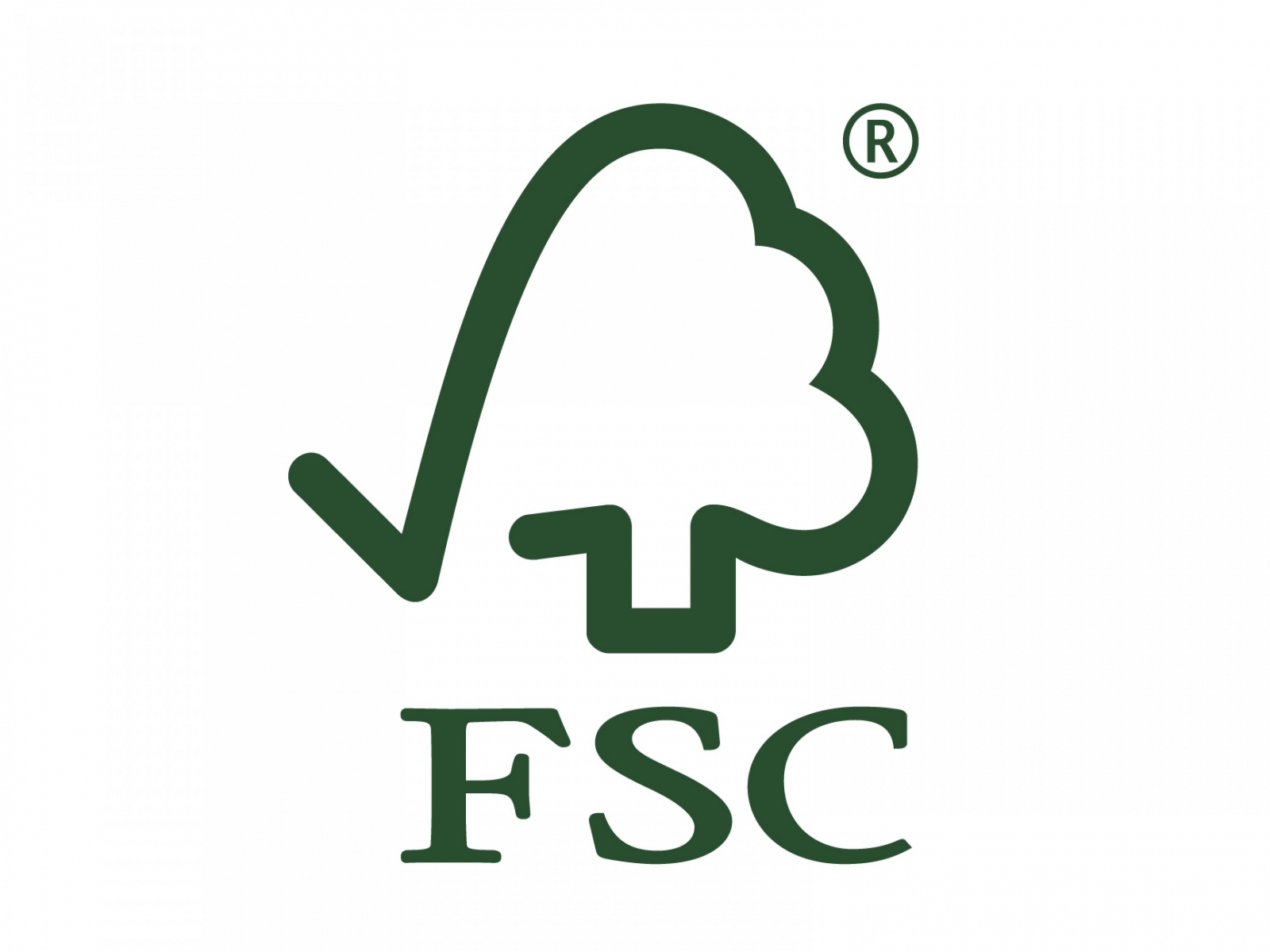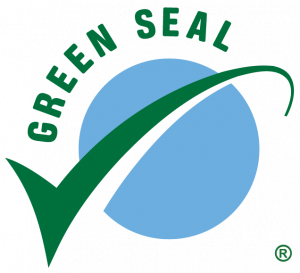Tissue Products
Key Procurement Guidelines and Considerations
- Products with a high percentage of post-consumer recycled content.
- Products that contain at least 50% recycled content or sustainable alternative fiber.
- Forest Stewardship Council (FSC) certification for any products that source virgin wood fiber. If seeking bamboo-based products, ensure FSC certification for preventing deforestation.
- Products manufactured using chlorine-free processing or are labeled as non-bleached.
- Reduce and replace consumption of tissue paper products, e.g. switch from using paper towels for cleaning to reusable/washable rags.
Canada’s boreal forest is one of the most ecologically important forests in the world1. Forests act as a sink sequestering carbon from the atmosphere absorbs 15-20% of human carbon emissions created annually2,3. Logging for paper products not only causes deforestation and loss of biodiversity, but it directly contributes to the climate crisis. The largest U.S. tissue product manufacturers continue to make toilet paper from virgin fibers harvested from the Canadian boreal forest1. Using virgin materials from forests to manufacture janitorial products is an inefficient use of valuable natural resources – in essence, we are flushing trees down the toilet1!
Tissue products (toilet paper, paper towels, tissues) are a common and necessary purchase for your practice. Careful consideration should guide the purchasing of hygienic paper products in order to combat climate change, to protect indigenous cultures and to preserve biodiversity, including animal species the veterinary profession should advocate for and protect. Fret no more! These purchasing guidelines and resources will help you make environmentally responsible choices when it comes to restocking your hygienic paper products.
Buyer Beware
There are many toilet paper/paper towel companies that make their tissues from 100% virgin forest fiber, including the three largest U.S. tissue companies. It is advised to avoid products sourced from 100% virgin forest fiber.
Additional Resources
- NRDC -The Issue with Tissue 2.0: Provides a report card for tissue paper companies scoring them on their environmental impact. This is a great resource to guide purchasing.
- NRDC: The Issue with Tissue
- Forest Stewardship Council
1. NRDC: The Issue with Tissue.
2. Case, M. J., Johnson, B. G., Bartowitz, K. J., & Hudiburg, T. W. Forests of the future: Climate change impacts and implications for carbon storage in the Pacific Northwest, USA. Forest Ecology and Management 482, 118886 (2021).
3. Le Quéré, C., Andrew, R. M., Friedlingstein, P., et al. Global carbon budget 2018. Earth System Science Data 10(4), 2141-2194 (2018).


